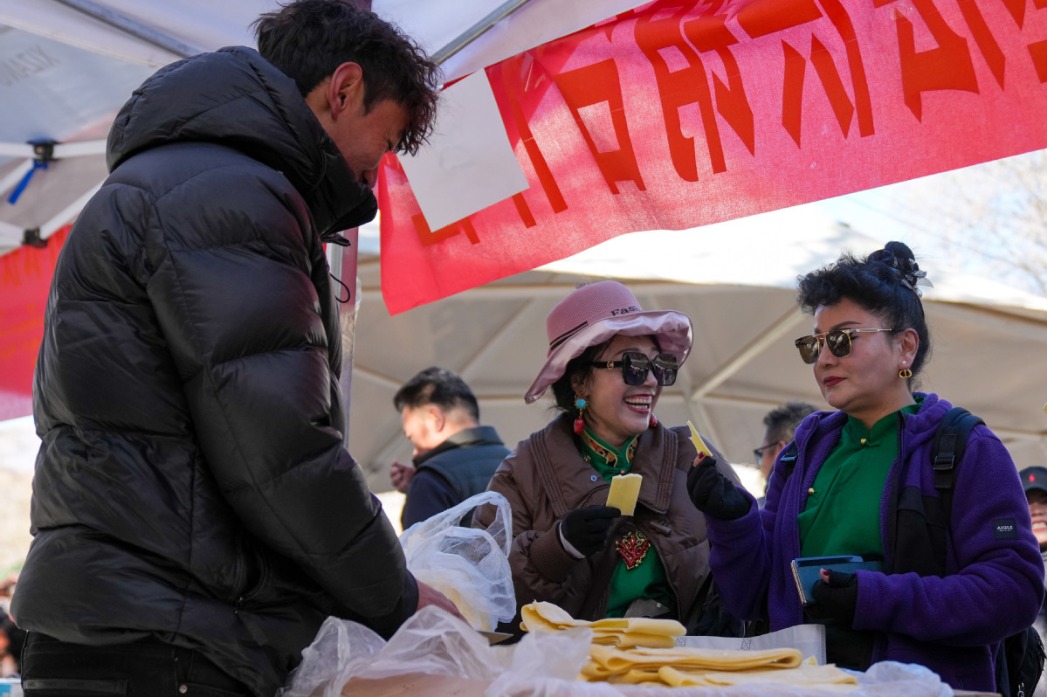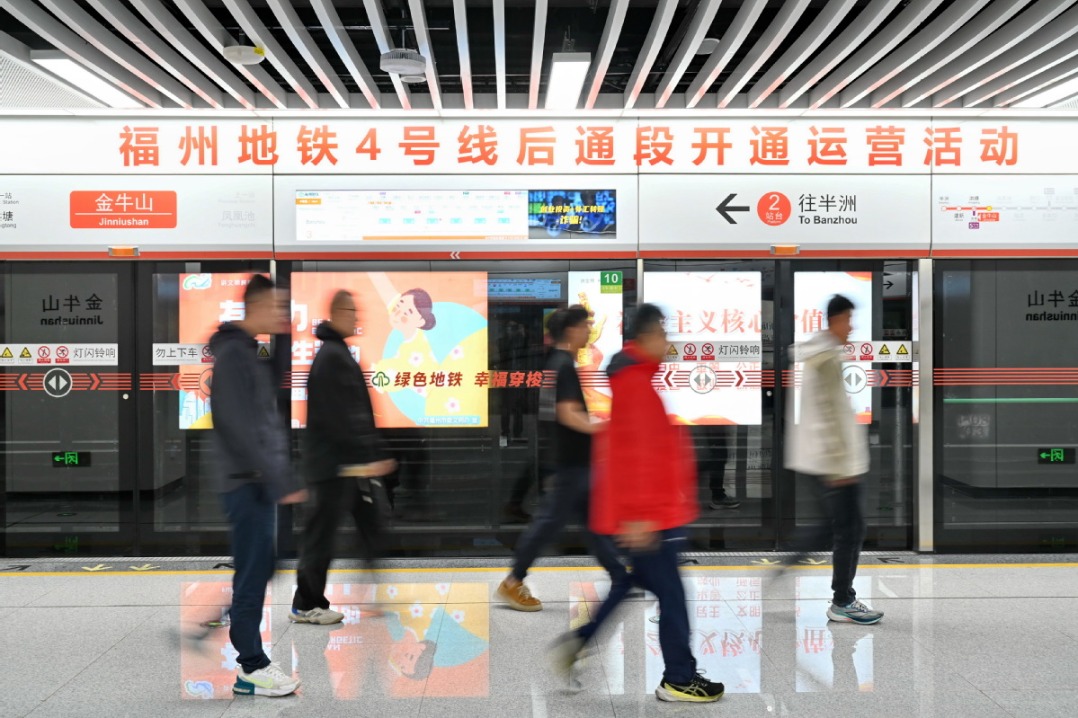Grassroots clinics being buffed up


Lower-level health centers told to stock up material, rehiring medical retirees
Sourcing sufficient medical supplies for primary healthcare clinics, recruiting recent retirees and increasing the number of fever clinics are some of the measures being taken to relieve the strain on the grassroots level amid the Omicron outbreak, health officials said on Thursday.
Nie Chunlei, director of the National Health Commission's department of primary health, said during a news conference that grassroots medical facilities should stock up on sufficient drugs and antigen tests to handle a spike in COVID-19 patients and other medical demands.
"Because it is difficult to train qualified medical workers in a short period of time, higher-level hospitals are encouraged to send staff to back primary health clinics," he said. "Grassroots clinics can also hire healthcare workers who have retired within the past five years or medical workers from other positions."
Nie added that family doctors should step up monitoring of households with infections, especially those with high-risk individuals such as the elderly, to ensure immediate access to assistance.
By the end of October, Nie said, there were about 19,400 relatively comprehensive fever clinics at rural clinics or community health centers, covering 45 percent of all primary health institutions nationwide.
In addition, another 52 percent of primary health institutions, or 22,000, are capable of conducting preliminary tests and implementing triage protocols, he said.
"We are now helping localities set up more fever clinics by upgrading existing facilities and using prefabricated buildings," he said. "We have set a goal of raising the coverage rate of fever clinics at the grassroots level to 90 percent by March of next year," he said.
As China's COVID-19 control strategy has pivoted from preventing infections to providing medical treatment, Nie said that grassroots health facilities are also shifting from promptly detecting and isolating infected cases to providing targeted medical services for different at-risk groups.
"The first task is to survey the number of seniors with preexisting illnesses, pregnant women and children, and label them based on their health, vaccination status and the risk of infection," he said. "Based on risk categorizations, grassroots healthcare workers will provide a range of online and real-life services, such as health monitoring, door-to-door visits, guidance on using antigen tests and taking pills."
The highly transmissible Omicron strain, coupled with the annual migration of workers during the upcoming New Year's Day holiday and the Spring Festival holiday, has also stoked concerns over the medical capacity of rural areas.
Chen Jingjing, head of a health clinic in Beijing's Liulimiao township, said that the spread of the virus will pile pressure on rural healthcare systems, and preparation work is underway.
"We have set up local medical treatment task forces comprising rural doctors and volunteers, and they will continue to examine and update information on the high-risk population," she said. "Meanwhile, larger hospitals are also offering training and guidance to improve our capabilities."
Zhai Dalong, a rural doctor in Weichen village in Hebei province, said that all villagers aged 65 and above have participated in the family doctor program, and local doctors visit them once a week, offering checkups and monitoring medications.
He suggested that infected elderly patients showing no or only mild symptoms should recuperate at home, and they will receive regular care from rural doctors. "If their symptoms worsen, we will get in touch with township health facilities immediately to facilitate their transfer," he said.



































